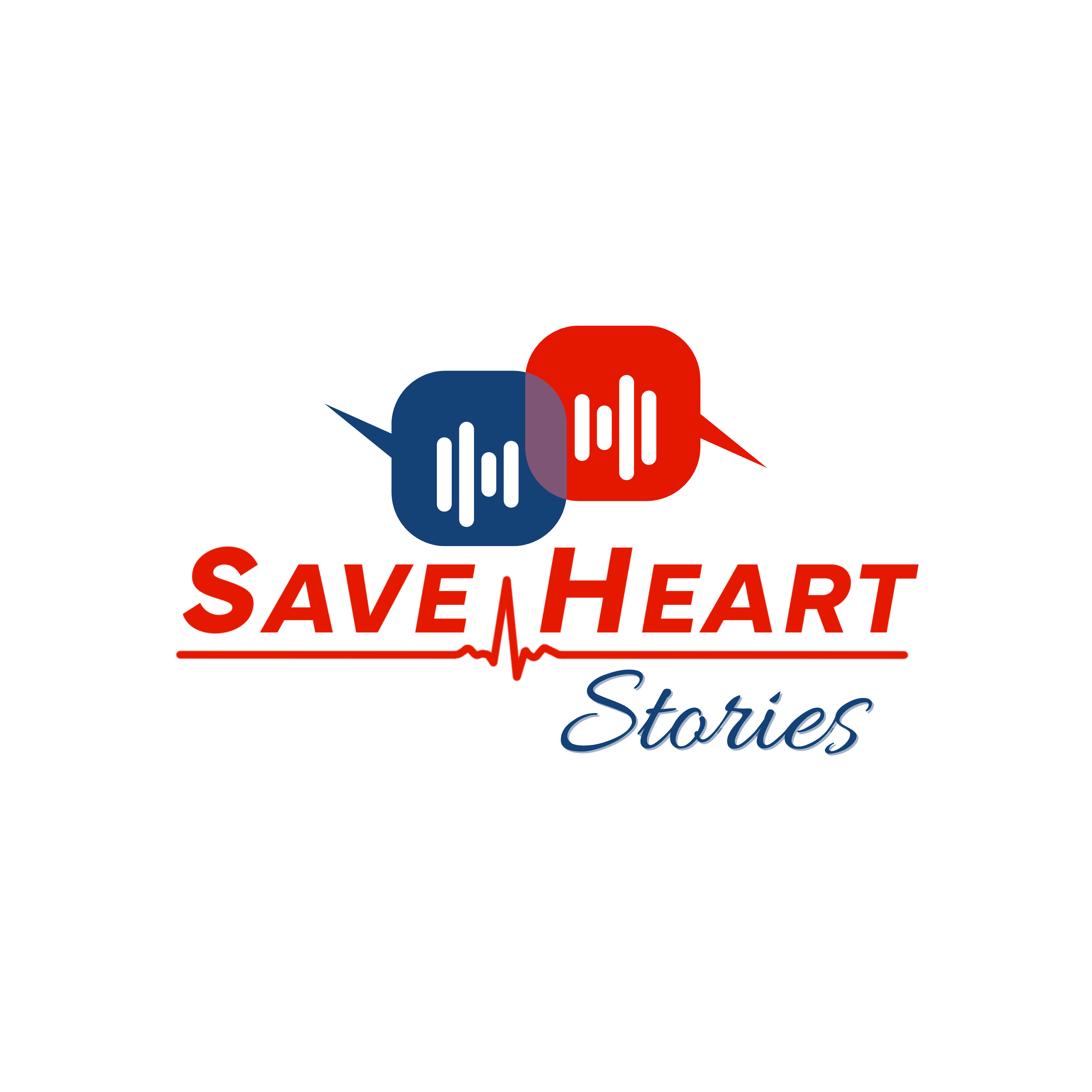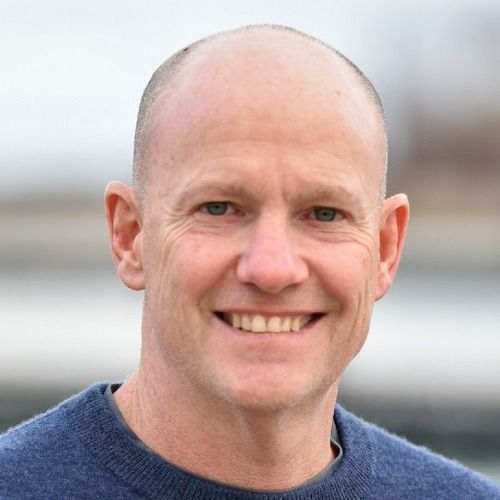In Business to Save Lives: A Conversation with LifeSavers Inc’s Bob Stickel
When it’s your job to save lives, you’d better be good at it. You need heart and passion, yes. But you also need a good business sense, excellent people skills and the ability to get the job done. Because when a life needs saved, there’s more than just your business name on the line.
In this episode of Save Heart Stories, host Dave Fritzsche, founder of SaveHeart by HeartNation interviews Bob Stickel, the founder of Life Savers, Inc., discussing his journey from EMT to entrepreneur, the challenges faced in the AED industry, and the importance of community training in CPR and AED use.
They explore the paradox of increasing AED placements without a corresponding rise in survival rates, the need for more public access to AEDs, and the future of outdoor AED placements. Bob emphasizes the importance of training and community engagement to save lives and shares insights on the evolving landscape of emergency response.
Takeaways
-Bob Stickel founded Life Savers in 1992 to increase AED accessibility.
-Only a small percentage of cardiac arrest victims receive immediate CPR.
-Community training is essential for increasing survival rates.
-Survival rates for cardiac arrest remain stagnant even though more AED’s are available.
-There is a need for more AEDs in public spaces and homes.
-Training programs in schools can empower others to respond to emergencies.
-Consolidation in the AED industry may hinder local service and support.
-Outdoor AED placements are a new frontier for saving lives.
-Life Savers is committed to providing quality training and support for AED programs.
Chapters
00:20 Introduction to Life Savers and Bob Stickel
01:30 Bob's Journey from EMT to Entrepreneur
04:38 Challenges in the AED Industry
07:01 The Paradox of AED Placement and Survival Rates
10:08 The Importance of Training and Community Engagement
11:51 Addressing Cardiac Arrest in Urban and Rural Areas
13:48 Positive Trends and Technology in AED Use
17:16 The Future of Outdoor AED Placement
19:54 How to Connect with Life Savers
Helpful Links:
Bob Stickel, Lifesavers Inc.: https://www.lifesaversinc.com/
Dave Fritzsche at SaveHeart by HeartNation: https://saveheart.life/


